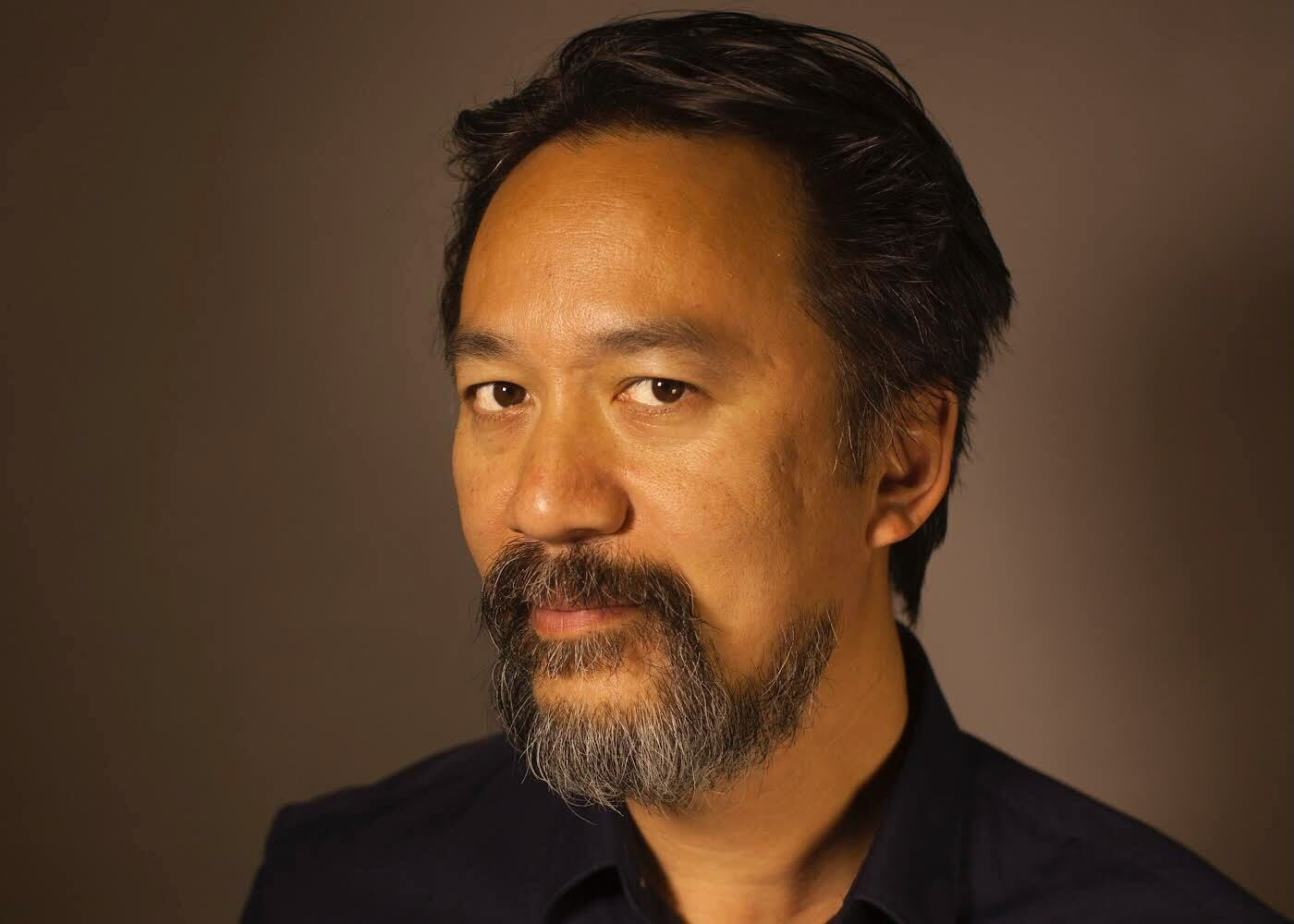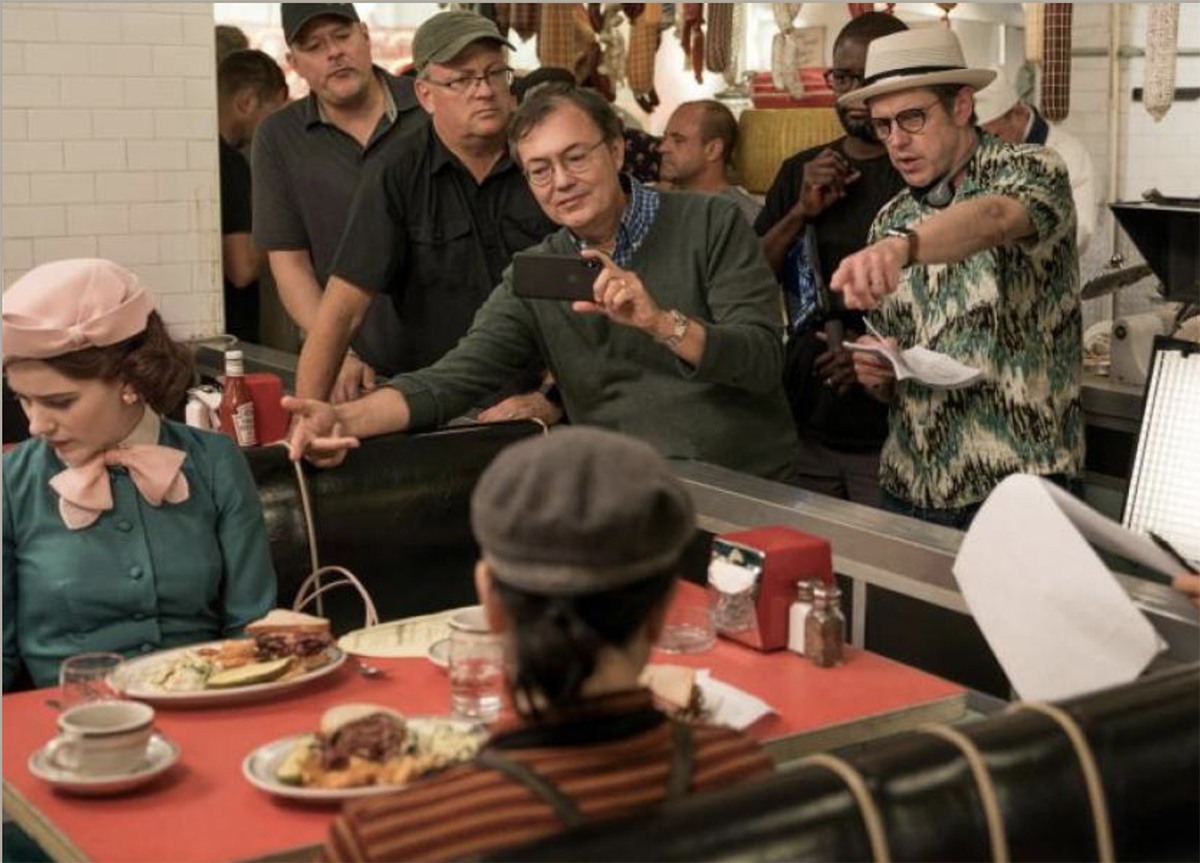Q&A: Tony-nominated UCLA professor talks lighting design for ‘Camelot’, industry values

Lap Chi Chu poses for a photo. The professor and head of lighting design at the UCLA School of Theater, Film and Television was recently nominated for a Tony Award for his work on “Camelot.” (Courtesy of Rebecca Wisocky)
By Leydi Cris Cobo Cordon
May 20, 2023 2:52 p.m.
For his work on “Camelot,” Lap Chi Chu has been theatrically knighted with the title of “Tony Award Nominee.”
The professor and head of lighting design at the UCLA School of Theater, Film and Television recently received a Tony Award nomination for Best Lighting Design of a Musical for his work on Lerner and Loewe’s “Camelot.” The 1960s musical returned to the stage last month with a new book written by Aaron Sorkin. The awards ceremony is tentatively scheduled for June 11; however, this may change depending on developments with the ongoing Writers Guild of America strike.
Chu spoke with the Daily Bruin’s Leydi Cris Cobo Cordon about his work on “Camelot” and the environment surrounding awards and the theater industry.
This interview has been edited for length and clarity.
[Related: UCLA production of ‘Into the Woods’ emphasizes humanity in fairy tales]
Daily Bruin: How would you describe your lighting design for “Camelot?”
Lap Chi Chu: “Camelot” was about a mythical time – a time of possibly a better time, better place, so I was really going for something idealistic, so I wanted something to be beautiful. It’s also a battle of ideologies within the play itself.
DB: How did that idealistic look visually translate into the design?
LC: Very much the colors actually. I chose a very pretty palette, and one thing I really wanted to get into (is using) green light, just to prove that it can be a pretty color because the stereotype is green light is evil, wicked or ugly. But I don’t think that’s true, and so I wanted to get this very pastel green world in there, which later turned pink. So that’s really how it translated. It’s a lot of color in the show – the set was actually really big as well – so it’s a really good opportunity to use color everywhere. It just read very well.
DB: How does it feel to be nominated for a Tony?
LC: It’s big. It’s bigger. It’s a unique experience in that these are the biggest shows, these are the biggest events. And so it doesn’t feel any different – (well) it feels a little different. But it certainly did not affect how I approach “Camelot,” like any other work I’ve done, which is interesting. That was a big reminder like, “Yeah, the audience is bigger, the expectations are bigger, but do what you do.”
DB: What’s your philosophy and attitude towards awards as an artist?
LC: You hear that statement, “Oh, it’s just wonderful being nominated.” It’s true. It’s very collegial in my industry, and so you’re just happy to be around people that are doing great work. It feels like all of a sudden you’re a little bit of a small group of friends or family. I know the other nominees, (and) it’s like you feel connected to them now. Actually, one of the nominees, Natasha Katz, who’s nominated twice for two different shows this year, presented me an award once, so we all know each other in different ways.
[Related: ‘The Secret Garden’ musical brings an old tale into modern times]
DB: Within the theater industry, there have been some ongoing conversations about issues with pay, work-life balance and diversity. What are some of the values that you carry with you as a working professional, and how do those impact how you navigate the industry?
LC: Opportunity, diversity, pay, inclusion – those are very much tied together. There’s a real barrier to entry when something doesn’t pay enough, and the only people who can afford to work in those industries and excel are people who don’t need to pay. That creates a very specific or limited scope of work. It limits the voices involved. So, the money part of it and the ability to make a living doing it is actually a very crucial element in telling the stories that need to be told.
It’s funny because (after) getting nominated for doing a Broadway show – which tends to be expensive – I don’t see myself doing nothing but Broadway shows now because that’s not where all the great or interesting stories will come from. So all those things are tied in together, but I hate to say money is sort of the root of it. It’s not just enough to cast diversely – while that helps in visibility and inspiring the next – but, (for people) to be able to stay in it, maybe to make theater less expensive to see, that would inspire as well. It (can) inspire more people to see this as a possibility and see themselves in those artistic roles.



